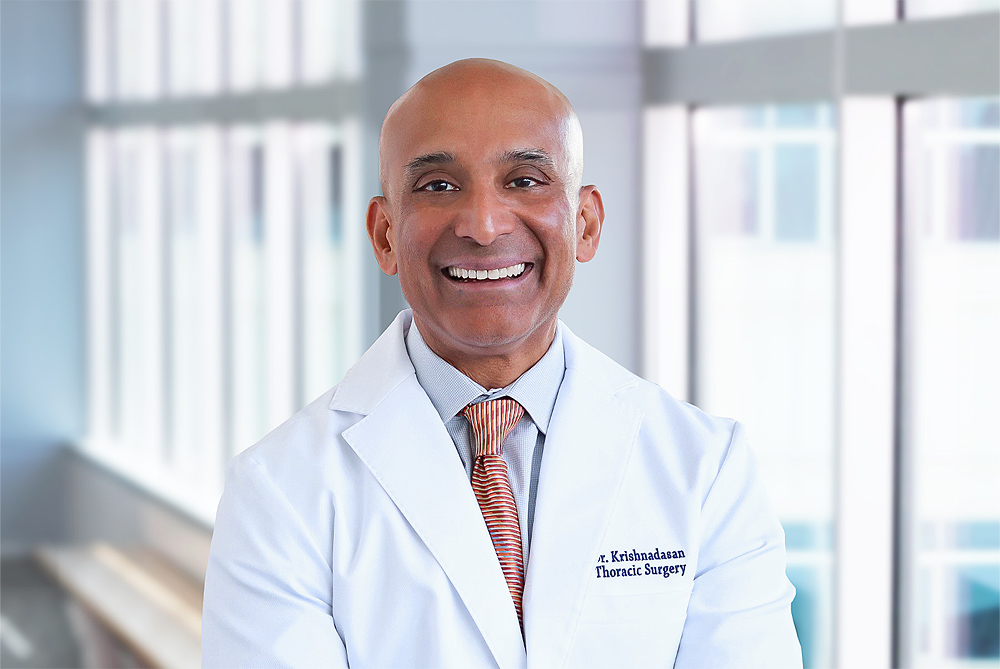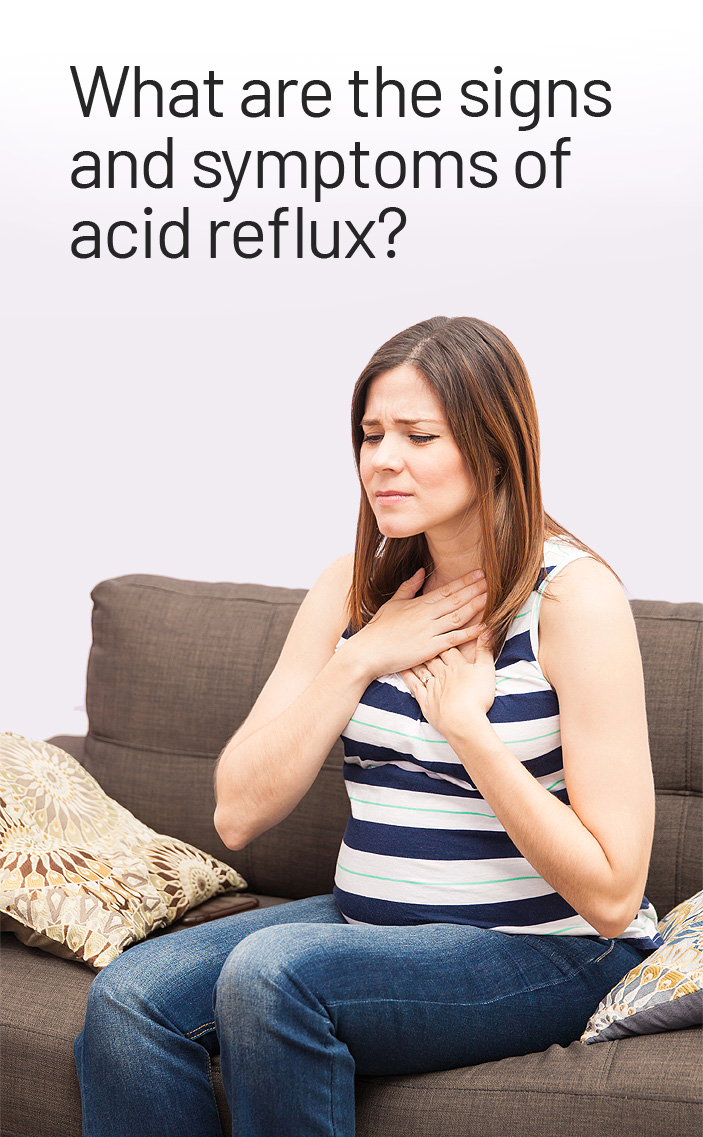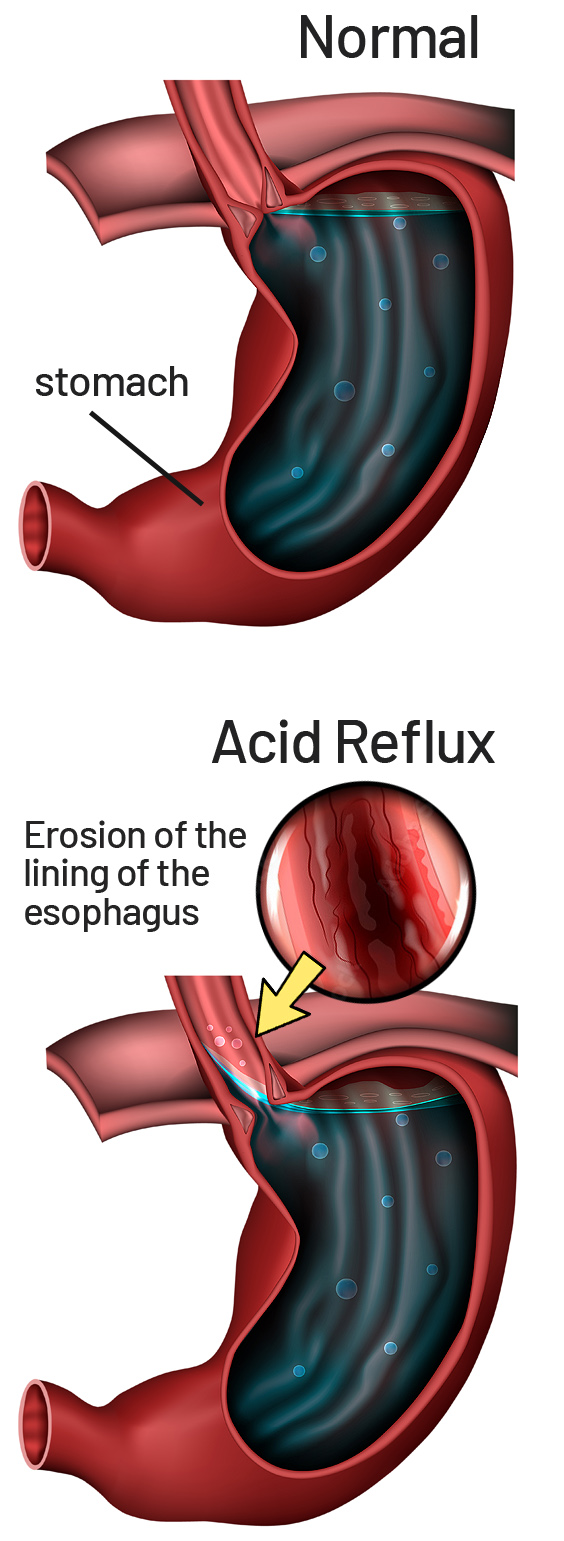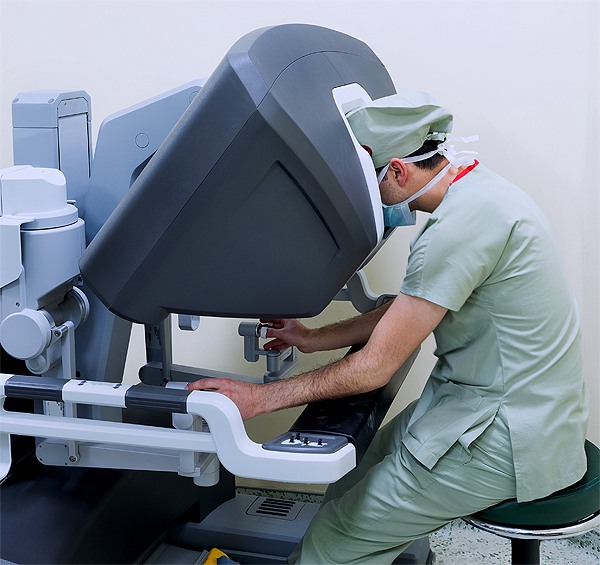
Expert Baiya Krishnadason, Thoracic Surgeon, Says Young People Showing Higher Incidence of Acid Reflux Are Developing Esophageal Cancer.
Recently, clinics are seeing younger Americans present with higher incidences of acid reflux, which can lead to other health problems. “The combination of tobacco, alcohol, obesity, and acid reflux is common in younger patients with esophageal cancer,” according to Dr. Baiya Krishnadasan, thoracic surgical oncologist and an expert in minimally invasive surgery for esophageal cancer. Because of how uncommon esophageal cancer is, there is currently no screening for it. Nearly 20,000 people a year will be diagnosed with esophageal cancer, and usually, it is diagnosed too late.
Symptoms of Esophageal Cancer

Key Symtomps:
- Difficulty Swallowing (Dysphagia): Feels like food is stuck in the chest.
- Weight Loss: Unintentional and significant.
- Chest or Abdominal Pain: Persistent discomfort behind the breastbone.
- Chronic Cough: Often associated with hoarseness.
- Persistent Heartburn Or indigestion, which might not respond to typical treatments.
- Vomiting: This can occur, especially as the condition progresses.
- Bone Pain: If cancer has spread to the bones.
- Unexpected Bleeding from the abdomen into the esophagus leads to black stools and anemia, causing fatigue.
- Changes in Voice
These esophageal cancer symptoms, especially when persistent, warrant immediate medical attention. Diagnosis typically involves endoscopy, imaging, and biopsy. Treatment options depend on the cancer’s stage and may include surgery, chemotherapy, radiation, or targeted therapy. Regular check-ups are crucial for those at higher risk, such as individuals over the age of 55, smokers, or those with a history of gastroesophageal reflux disease (GERD).
Risk Factors of Esophageal Cancer
- Barrett’s Esophagus or family history of esophageal cancer
- Tobacco use
- Alcohol use in excess
- Prolonged acid reflux damage to the esophagus
Listen to Dr. Baiya Krishnadasana and Dr. Sanmiguel Discuss Prevention and Treatment
What is Acid Reflux
The acid from your stomach can burn the lower part of your esophagus, which can change it over time and progress into cancer. 20 percent of Americans suffer from acid reflux, explains Dr. Claudia Sanmiguel, a gastroenterologist at Providence Saint John’s Health Center. “A small percentage of chronic acid reflux can develop into esophageal cancer,” says Dr. Sanmiguel.
According to Dr. Sanmiguel, acid reflux is a combination of symptoms and damage to the lining of the esophagus or food pipe caused by stomach acid and secretions going backward through the esophagus. This can result in a mild to moderate burning sensation almost anywhere along the food pipe, including difficulty swallowing food as the esophagus narrows.
Symptoms of acid reflux

- Burning in the chest area and up through the throat
- Secretions and food going back up the esophagus
- Trouble swallowing
- A persistent cough that doesn’t go away
Risk Factors of Acid Reflux
- Men are twice as likely to get it
- Obesity
- Smoking
- Drinking alcohol regularly
- Family history of Barrett’s Esophagus
Persistent cough or acid reflux can lead to Barrett’s Esophagus, narrowing of the esophagus, or changes to the lining of the esophagus. People with chronic acid can develop Barrett’s Esophagus, and 1 percent of those with Barrett’s Esophagus will develop esophageal cancer.
How to Prevent Acid Reflux?
- Try to eat slowly
- Don’t overeat
- Avoid greasy foods
- Don’t eat and go to bed immediately. Wait 3 hours before going to bed after eating.
- Losing weight is the best prevention.
What is an Endoscopy?
An endoscopy is a thin, long tube with a camera at the end that can detect tumors, polyps, or scarring along the esophagus. This procedure is done while under anesthesia. Barret’s Esophagus is diagnosed through an endoscopy.
How is Esophagus Cancer Treated?
- Surgery- best for early-stage disease
- Chemotherapy – early to late stage
- Radiation -latestage
- Immunotherapy – used with other treatments
What is Robotic Assisted Esophagectomy?
Now, with robotic assistance, patients stay 5-7 days in the hospital, and within 3-4 weeks can return to normal activities. Robotic-assisted esophagectomy is considered the standard of care because of the improved recovery outcomes. Dr. Baiya Krishnadasan is a proctor for the da Vinci Robotic System, training other doctors on these minimally invasive techniques.
Immunotherapy for Esophageal Cancer
Newer therapies, such as immunotherapy, use your own immune system to fight cancer. They tend to be very effective in treating advanced esophageal cancer. When combined with surgery, immunotherapy can help bring cancer into remission. Saint John’s Cancer Institute has a translational immunotherapy program provides the clinicians at Saint John’s immediate access to innovative treatments, clinical trials, and experimental drugs.
If you or a loved one are experiencing symptoms of esophageal cancer or acid reflux, you should see your primary care physician or gastroenterologist.
If you or a loved one are experiencing symptoms of esophageal cancer, or acid reflux, you should see your primary care physician, or gastroenterologist.
FAQs about Esophageal Cancer
What is the #1 cause of esophageal cancer?
The number one cause of esophageal cancer is chronic irritation from factors such as smoking and heavy alcohol consumption.
Early detection through regular check-ups can improve treatment outcomes. If you have risk factors such as smoking, alcohol use, or chronic GERD, consult your healthcare provider about screening options.
At what age is esophageal cancer usually diagnosed?
Esophageal cancer is usually diagnosed in people aged 55 to 70. Most patients present with symptoms in their 60s1, making early detection crucial. Early stages often go unnoticed, leading to later-stage diagnoses.
Key Points:
- Age Range: Primarily 55 to 70 years
- Diagnosis: Often occurs in the 60s
- Symptoms: Difficulty swallowing, weight loss, chest pain
Treatment options vary by stage but include:
- Surgery: Effective for early-stage esophageal cancer
- Chemotherapy: Often used with radiation
- Radiation Therapy: Targets cancer cells directly
- Targeted Therapy: Focuses on specific cancer cell markers
- Early diagnosis of esophageal cancer improves outcomes, so regular check-ups are vital
What is the prognosis for esophageal cancer?
The prognosis for esophageal cancer depends on various factors, including the stage at diagnosis, age, and overall health. Early-stage esophageal cancer has a better prognosis, with treatment options such as surgery, chemotherapy, and radiation offering more favorable outcomes. However, esophageal cancer is often diagnosed at a later stage when symptoms become apparent, making treatment more challenging.
Key Factors Influencing Prognosis:
- Stage at Diagnosis: Early detection significantly improves survival rates.
- Treatment Options: Surgery, chemotherapy, and radiation are common esophageal cancer treatments.
- Age and Health: Younger, healthier patients typically have better outcomes.
Survival Rates:
- Localized Cancer: When cancer is confined to the esophagus, the five-year survival rate1 is about 47%.
- Regional Spread: If esophageal cancer has spread to nearby lymph nodes, the five-year survival rate1 drops to around 25%.
- Distant Spread: For esophageal cancer that has metastasized to distant organs, the five-year survival rate1 is approximately 5%.
References:
1. Statistics for esophageal cancer: Esophageal cancer stats. Statistics for Esophageal Cancer | Esophageal Cancer Stats | American Cancer Society. (n.d.). https://www.cancer.org/cancer/types/esophagus-cancer/about/key-statistics.html


